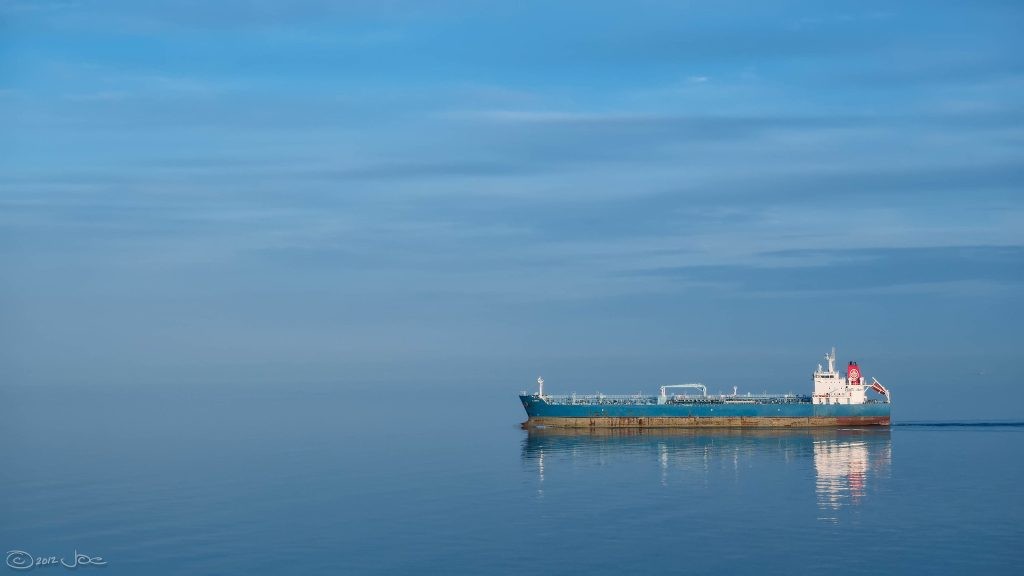
SpecialtyNetworkSllc – American maritime technology company Mythos AI has taken a big step in modernizing ocean navigation. The company has installed its Advanced Pilot Assistance System (APAS) on the CB Pacific, a chemical cargo vessel operated by CB Tankers. This project marks another milestone in Mythos AI’s mission to bring artificial intelligence into shipping while keeping human expertise at the core.
Most navigation assistance systems today rely mainly on machine vision. APAS, however, uses a radar-first approach. It integrates radar with other sensors and converts data into clear insights for mariners.
The system does not aim to replace human judgment. Instead, it works alongside the crew, lowering their cognitive load and improving situational awareness. By connecting directly to the ship’s radar, APAS can warn crews about potential hazards and simplify complex navigation challenges.
“Read More : MSI Launches DigiME 2.0 with AI-Powered Virtual Assistant MIA”
Geoff Douglass, CEO of Mythos AI, explained the philosophy behind APAS.
“Our goal isn’t to replace the crew. It’s to equip them with next-generation capabilities,” Douglass said. “By combining radar perception, machine vision, and intelligent alerts with vessel dynamics, APAS turns complex situations into clear decisions. This enhances safety and operational resilience.”
The system gives crews more confidence while ensuring that human expertise remains central to navigation.
The CB Pacific was chosen for testing due to its predictable routes and reliable Furuno radar system. The trial follows the first APAS installation in August 2025 on a Southern Devall towboat operating on the Mississippi River.
This new test will last one year. It aims to prove APAS works in real-world shipping while ensuring compliance with COLREG, the international rules designed to prevent collisions at sea.
“Read More : Luxembourg Joins France and Others in Plan to Recognize Palestine at UN Assembly”
Mythos AI partnered with lomarlabs and CB Tankers to ensure the project reflects actual maritime needs.
“Real innovation doesn’t happen in pitch decks. It happens in real-time operations, port calls, dry docks, and sea trials,” said Stylianos Papageorgiou, managing director of lomarlabs. His statement underlines why field testing is essential before large-scale adoption.
The defense sector has also shown interest in APAS. AI-assisted navigation could play a vital role in future military operations. While the system is currently focused on commercial use, its potential for strategic applications is clear.
With APAS, Mythos AI blends traditional seamanship with AI-driven tools. The goal is not only safer seas but also more efficient shipping worldwide.
Douglass highlighted the system’s ability to capture the wisdom of master mariners and embed it into intelligent solutions. This approach could pave the way for a new era in global navigation, where innovation enhances tradition and safety remains the top priority.